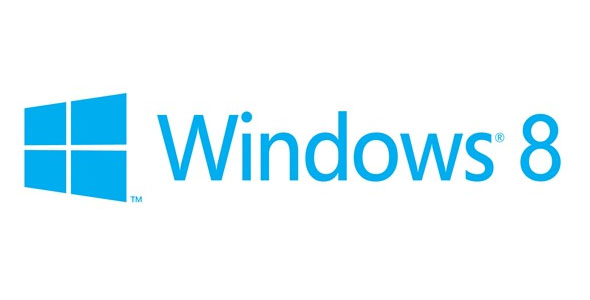Moving on from the Pros we will take a stab at the cons:
5. Windows 8 is basically for tablets
We cannot stress this one enough. Windows it is a very tablet oriented OS. It is very touch centric and can become very cumbersome to navigate on a desktop PC or older laptop. Even on a touch based system its accuracy is less than we would like on current hardware. We cannot tell you want it will be like on newer tablets, but we hope the accuracy improves. Still it is very important to remember that many companies just completed the refresh to LCD panels in the last few years and are not going to want to push to touch panels for a few more. Simply put if you have tried to do productivity or creative work on Windows 8 (Release Preview or after) you may find it problematic as the way you navigate through the OS has changed significantly. Metro (yes we know it is not called that) is terrible on a larger display and its full screen only apps remove the benefit from having more screen real estate on a desktop where most users will have multiple programs open at the same time for easier work flow (I currently have 8 open on the same screen for reference). The need to move back and forth between screens is a productivity killer even with snap; it is as simple as that.
4. It introduces too many changes all at once
Microsoft is trying to change too much at once. It will create confusion and reluctance in the market for consumers and for IT departments. It is like trying to paint a house at exactly the same time as you are rebuilding it. There is simply too much going on to work well. This massive change leads us to point 3.
3. Users may need a lot of retraining
Time spent training employees to use new software is a waste of company money. The massive changes to Windows 8 will make many corporations stay well away from it. This is one of the reasons that companies stick with older software and technology as it is, why throw so many changes that you will waste productivity time with training? No matter how you slice it making the shift to Windows 8 will cost you more than the licensing and hardware alone. The Total Ownership Costs of Windows 8 is massive.
2. Many firms are still in the midst of Windows 7 migration
We briefly touched on this one before. Companies have just finished refreshes to new systems. I know of multiple corporations that just finished moving to Windows 7 in the last few months. There is no way they will push for Windows 8 in October considering they are just feeling the effects of the move to Windows 7 and Office 2010. Once they recover the money they lost with that shift them might think about Windows 8, but do not count on many to start thinking about that until H2 2013 or later.
1. Apple already owns the tablet space
To this we will only say that Android and Apple own this space for now. We do know that many doctors like the idea of Windows based tablets because of their support for Silverlight, Flash and ActiveX. These items are currently used by many EMR (Electronic Medical Records) companies to display X-Rays, medical records etc. They also work well with many of the medical transcription and notes applications that are stock in Doctor’s offices. We are also seeing some attorneys look over Windows 7 based tablets for presentations and for a few other compatibility issues.
As we said before, we loved the balanced coverage the team at V3 did with this list. We highly recommend you read it and only wanted to add a few items as they related to the way IT works in the enterprise market and how that trickles down to the SMB (Small to Medium Business). We think that Windows 8 in its current form will have a very rough time in the market even at the consumer level. Microsoft has tried to do too much while trying to control the whole pie. This will make consumers, developers and IT departments very leery of getting the new OS. We also feel that as time goes on and more information comes out this will be even clearer than it is now.
We wish that Microsoft would have taken a different track with Windows 8. It would have been better for them to release a desktop and a tablet edition. The desktop edition should have the option to remove Metro and put a start menu in place as well as the option to remove some of the cloud based features that Microsoft has thrown in. Sadly they are trying to force a new ecosystem on the market with Windows Phone 8, The Xbox and Microsoft Cloud Services at the center.
Discuss this in our Forum




